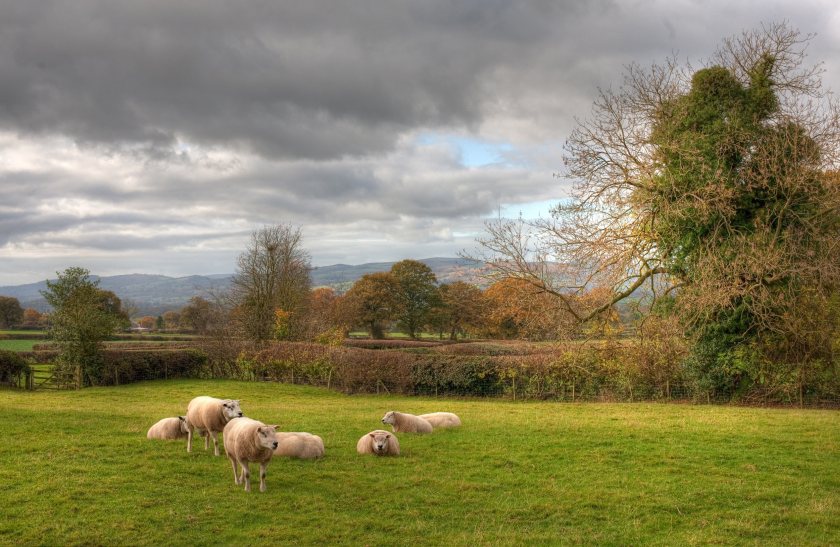
New insights from an industry-wide bluetongue impact survey, along with research by the Animal and Plant Health Agency (APHA), have revealed big challenges for UK farmers.
The survey, conducted by industry group Ruminant Health & Welfare (RH&W), was designed to understand the UK bluetongue (BTV-3) picture more accurately.
With current disease restrictions impacting movements, and clinical signs being observed, farmers have particularly raised questions about vaccines.
The early findings from RH&W's BTV-3 impact survey have revealed that out of the farmer respondents, over half remain undecided about vaccination.
However, a substantial portion of farmers who took part in the survey said they plan to vaccinate before the next summer season.
Last month, the government confirmed that all livestock keepers in England can use any of the permitted bluetongue vaccines without applying for a specific licence.
However, it said that farmers must still meet the legally-binding conditions of the general licence for any vaccination activity.
According to RH&W's survey, sheep farmers in particular are showing higher intent to vaccinate compared with cattle farmers, possibly reflecting the more severe impact on unvaccinated sheep flocks seen in Europe.
Farmers also have questions about vaccine efficacy, when to vaccinate, duration of immunity, risks, impact on trade, availability, and price.
Fiona Lovatt, of Flock Health Ltd, a sheep veterinary consultancy that works directly with farmers, responded to the findings.
“Whereas actual infection with BTV-3 definitely has detrimental effects on fertility, there is no data or reports yet to suggest that well-timed vaccination has any negative impact on either sheep or cattle fertility.”
In terms of wider impact, the survey highlighted that farmers have concerns about what next year will bring, after the cases experienced in the UK this year.
The farmer feedback also clearly documented that the impact of BTV-3 extends well beyond animal health, affecting farm operations and cash flow.
In terms of business operations, farmers within the restriction zone have reported difficulties in selling livestock.
"I have store cattle that should have been sold by now, but with no market access, I'm struggling with forage and feed for winter," shared one farmer.
Another farmer comment echoed by many others was: “We have experienced considerable financial loss.”
One farmer who has experienced mortality on-farm as a result of BTV-3 understandably reported the experience to be 'horrible; physically, financially, mentally and emotionally.'
With the short and mid-term outlook for the disease uncertain, and dependent on factors such as weather conditions and midge activity, Ms Loyatt shared what the expectation of vaccine effect could be from overseas learnings.
“We know that in Germany, the research shows a marked difference in outcomes between vaccinated and unvaccinated herds and flocks," she explained.
"Findings indicate that unvaccinated sheep flocks have experienced mortality rates as high as 30%, whereas vaccinated flocks show significantly lower mortality, with some reporting only 1-2% losses.
“We want to learn from this data and build a UK base of evidence that we can trust going forwards.”
Meanwhile, new APHA research has documented clinical signs amongst confirmed infected animals on UK farms, between August and early October.
These included lameness, swollen faces, drooling, nose and mouth ulcers, nasal discharge breathing difficulties and mortality.
The research will likely reinforce the importance of early detection and treatment, and of understanding the long-term impact of this disease in a herd or flock.
APHA is running a study which will complement the survey discussed above and, will involve an agency vet talking through the details of the impact of BTV-3 on premises where it was confirmed.
This will include discussion on whether other endemic diseases may have influenced the outcome of the BTV-3 infection in those animals.
“UK farmers are at the forefront of dealing with the immediate and long-term effects of BTV-3,” explained Ms Loyatt.
“The impact survey and APHA’s research is starting to provide essential insights that will help us develop practical support, but we need to hear from more affected farmers.
"The industry anticipates further BTV-3 cases in 2025, and vaccination is expected to play a key role in reducing the impact of the disease."
